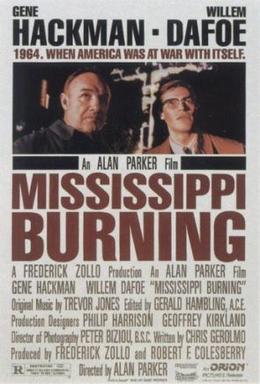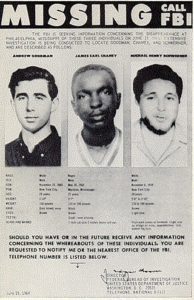We must not forget our history, but . . .
. . . we must not live there either.
We bear the responsibility to remind ourselves, our children, of our past.
Why? Watch our Truth in Two to find out (full text below).
We do not live in the past, but we don’t forget it either.
Subscribe to “Truth in Two” videos  from Comenius (here). Mark is President of The Comenius Institute (website). Dr. Eckel spends time with Christian young people in public university (1 minute video), hosts a weekly radio program with diverse groups of guests (1 minute video), and interprets culture from a Christian vantage point (1 minute video). Consider becoming a Comenius patron (here).
from Comenius (here). Mark is President of The Comenius Institute (website). Dr. Eckel spends time with Christian young people in public university (1 minute video), hosts a weekly radio program with diverse groups of guests (1 minute video), and interprets culture from a Christian vantage point (1 minute video). Consider becoming a Comenius patron (here).
Picture Credit: Luke Renoe, FBI, Orion Pictures, Wikipedia
FULL TEXT:
Growing up, our children had friends from cultures and ethnicities different than their own.
But I always wanted my children to remember history. In addition to readings and discussions, I showed the movie Mississippi Burning to my teenage children.
Mississippi Burning is the awful accounting of an awful event reawakening Americans to an awful part of our past. Based on a true story, three young men—two white, one black—were brutally murdered by the Ku Klux Klan in Philadelphia, Mississippi. It was 1964. They had been working for black voting rights in the Deep South.
When the movie ended, my then, teenage daughter asked the question that haunts me to this day. With friends from so many ethnic backgrounds, my daughter was mystified. “Daddy, why did this happen?’
My response was simple. “Little one, people can do awful things to each other. We should never forget these events. We should make sure they never happen again.”
Visually reminding my high school students about racism, I would show the final courtroom scene of A Time to Kill. Toward the end of the movie, Matthew McConaughey’s defense attorney character asks everyone to close their eyes while he tells the courtroom a story.
The lawyer tells of the brutal rape of a little black girl—the very crime that propelled Samuel L. Jackson’s character to kill the white men responsible: the point of the movie. Now held for the crime, Jackson’s character too hears the retelling, a father’s heart broken, enraged by the heinous, cowardice act.
Reaching the climax of the story, the lawyer utters those soul stopping words in a Mississippi courtroom: “Now imagine she’s white.”
As a white man I can never understand my black friends’ experience. But I know what it’s like to have children, to be a father. “Now imagine she’s your daughter” is what I hear, what I feel, when I revisit Mississippi Burning.
At the Comenius Institute, we remember history so it is never repeated.
For Truth in Two, this is Dr. Mark Eckel, president of the Comenius Institute, personally seeking truth wherever it’s found.


